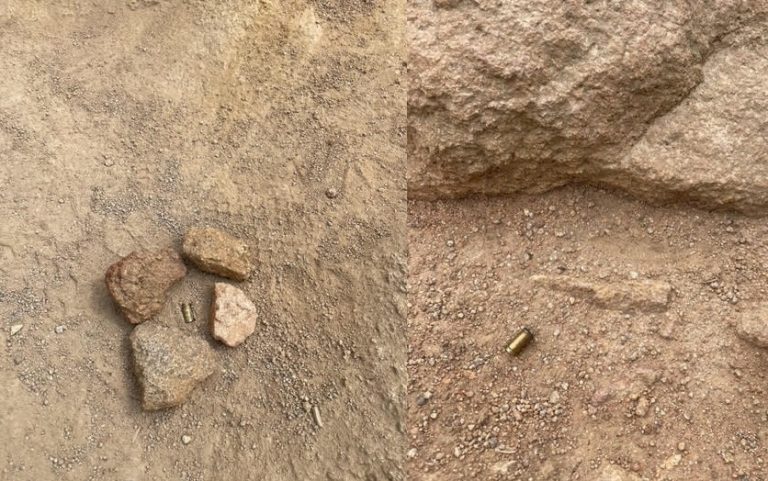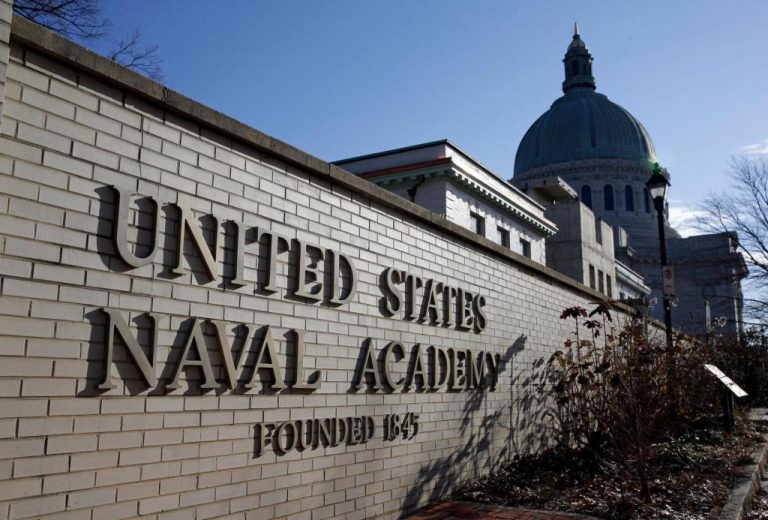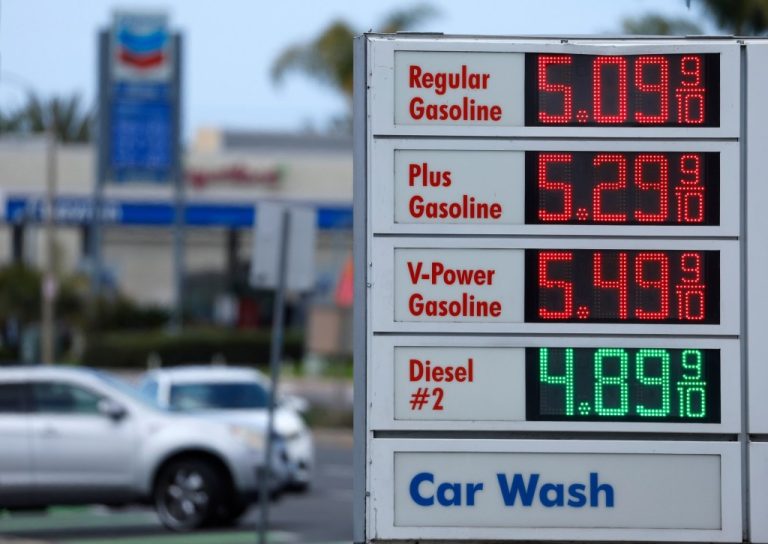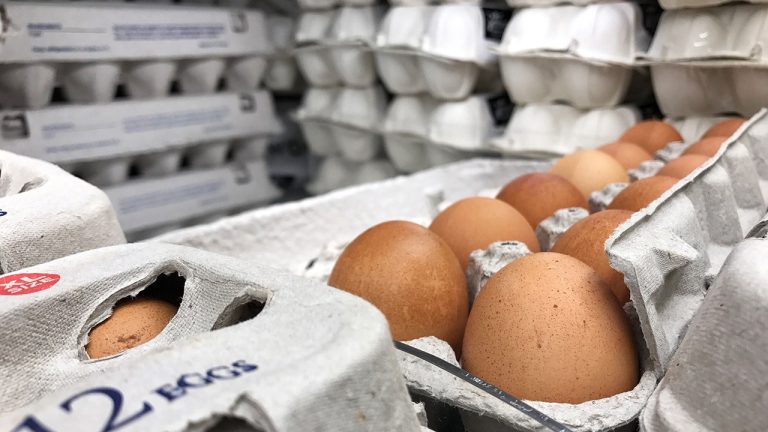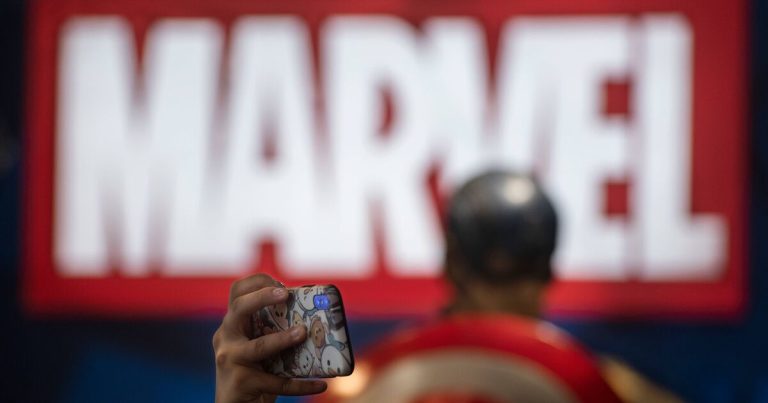

A former high-ranking member of the Arellano Félix Organization, the once-powerful drug-trafficking group that controlled Tijuana, has pleaded guilty to drug conspiracy charges in San Diego federal court and been released from jail after spending more than 16 years in pretrial custody in Mexico and San Diego.
Gustavo Rivera, 63, pleaded guilty late last month to conspiring to import marijuana and cocaine into the U.S. from 1991 to 2008.
Rivera, a U.S. citizen who grew up in Chula Vista and attended Bonita Vista High School, admitted in his plea agreement to conspiring with a number of well-known cartel figures, including one of the four Arellano Félix brothers who led the organized crime group and an infamous Barrio Logan gang member who became an enforcer and assassin for the cartel.
The U.S. Attorney’s Office in San Diego declined to comment on Rivera’s guilty plea and subsequent release from custody. His attorneys did not respond to messages seeking comment.
The plea agreement states that prosecutors and defense attorneys “will jointly recommend that Defendant be sentenced to time served.” Likely because of that, U.S. Chief District Judge Dana Sabraw signed an order releasing Rivera on his own recognizance. He is being monitored by GPS. He’s set to be sentenced in February.
Federal prosecutors in San Diego indicted Rivera in 2003 on several drug conspiracy charges, alleging he was a financier and adviser who had risen to the rank of lieutenant in the group, known as AFO for short, as other top members were arrested or killed.
Mexican authorities captured Rivera on the U.S. charges in March 2008 at one of his favorite hot dog stands in San José del Cabo in Baja California Sur. He remained in Mexican custody until late 2019, when he was quietly extradited to San Diego on the same flight as a member of a rival cartel — Ismael Zambada Imperial, the son of longtime Sinaloa cartel leader Ismael “El Mayo” Zambada Garcia.
The Sinaloa cartel and the AFO went to war in the 1990s and 2000s as the rival groups battled over the lucrative smuggling routes into Southern California that had been held by the Arellano Félix brothers.
Federal investigators and prosecutors in San Diego then slowly dismantled the AFO, bringing an indictment in 2003 against the three surviving brothers and eight other leaders of the cartel that alleged they moved massive amounts of Colombian cocaine into the U.S. and hundreds of millions of dollars in drug proceeds back to Mexico. The indictment alleged they used widespread violence and murder.
Rivera was charged in a separate indictment, unsealed at the same time, and made the subject of a $2 million reward by the Drug Enforcement Administration. The indictment documented Rivera’s rise to prominence within the group, alleging that he started out trafficking drugs as part of a cell working on behalf of the AFO.
According to law enforcement investigation records reviewed by the Union-Tribune, Rivera was involved in trafficking and distributing drugs as early as 1985, and was arrested and charged on several occasions in the 1980s and 1990s.
The records indicate that on one occasion, Rivera was on trial for a 1993 case and facing a sentence of up to life in prison when an issue arose with the testimony of a government witness. Rivera ended up pleading guilty to a lesser charge and being sentenced to 18 months in custody, court records show. The investigative records indicate that when he was released from prison in 1996 he was placed on supervised release but immediately fled to Tijuana.
According to the indictment in the recently resolved case, Rivera worked closely with David Barron Corona, the Barrio Logan gang member turned cartel sicario who recruited other San Diego street gang members as AFO enforcers.
Barron once saved the lives of two of the Arellano Félix brothers during a shootout with Sinaloa cartel gunmen in Puerta Vallarta. He was also involved in a 1993 botched assassination and shootout at the Guadalajara airport that killed seven people, including Cardinal Juan Jesús Posadas Ocampo, the Roman Catholic church’s No. 2 leader in Mexico. Barron was killed by friendly fire during the 1997 attempted assassination of Jesús Blancornelas, the editor of the Tijuana investigative magazine Zeta.
Rivera admitted in his plea agreement to conspiring with Barron.
According to the investigative records reviewed by the Union-Tribune, Rivera took over a portion of Barron’s enforcement crew.
One government witness told investigators and prosecutors that before Barron’s death, Rivera had tried to be coy about who he worked for, according to the investigation records. The witness once asked Rivera directly. In response, “Rivera took out a newspaper he had with him and pointed to a photograph of the Arellanos and said ‘these are our friends,’” according to the investigation records.
The same witness told investigators that after Barron’s death and the arrest of another AFO lieutenant, Rivera began moving up in the organization, according to the investigation records. The witness said that Rivera recounted meeting with the “bosses” — the witness understood this to mean the Arellano Félix brothers. Rivera told the witness that he was driven to these meetings blindfolded and with a gun held to his head.
The indictment against Rivera alleges that by 2002, when one Arellano Félix brother had been captured and another killed in a shootout with Mexican police, Rivera became a “close confidant and adviser” to Francisco Javier Arellano Félix, the youngest of the brothers who took the reins as AFO leader.
Rivera also admitted in his plea agreement to conspiring with Francisco Javier, who was sentenced to life in prison in 2007 in San Diego federal court. His sentence was later shortened to 23½ years due to his “extensive” cooperation with authorities.
Rivera admitted in his plea agreement that he also conspired with Jose Alberto “Bat” Marquez, a Mexican Mafia boss sentenced to life in prison; and Everardo Arturo Paez Martinez, alias “El Kitty,” a top lieutenant in the AFO who was the first major cartel figure that Mexico agreed to extradite.
The investigation records indicate that authorities believe Rivera was involved in coordinating or planning violence. But the records indicate prosecutors chose to pursue only the cocaine and marijuana conspiracy charges because the potential for a lifetime prison sentence for more serious crimes would complicate his extradition.

